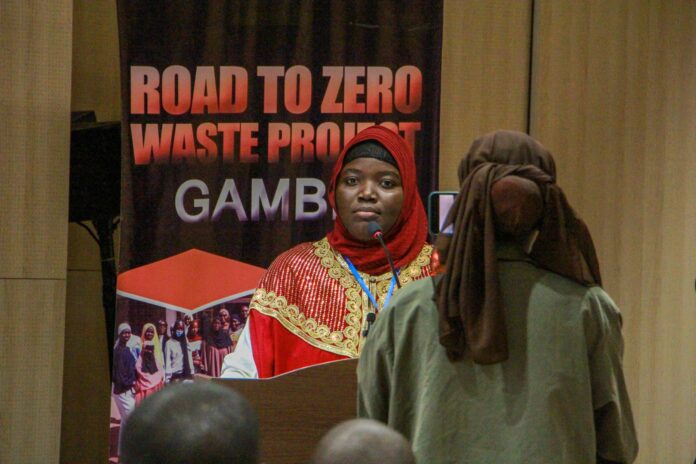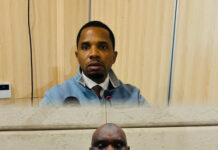By Sainabou Sambou
The Zero Waste Project’s launch in The Gambia sparked a passionate call for collective action to improve waste management and promote environmental sustainability. The initiative, led by Saffiatou Joof, is focused on fostering a culture of responsibility regarding waste disposal and management, encouraging Gambians to actively contribute to creating a cleaner and healthier environment.
The event took place on Saturday, February 15, 2015, at the Sir Dawda Kairab International Conference Center in Bijilo. During her speech, Joof stressed the importance of community collaboration for the project’s success. “I cannot do this alone,” she stated. “This is not just about listening to intellectual speeches. It’s about implementing what we learn and changing our mindset.”
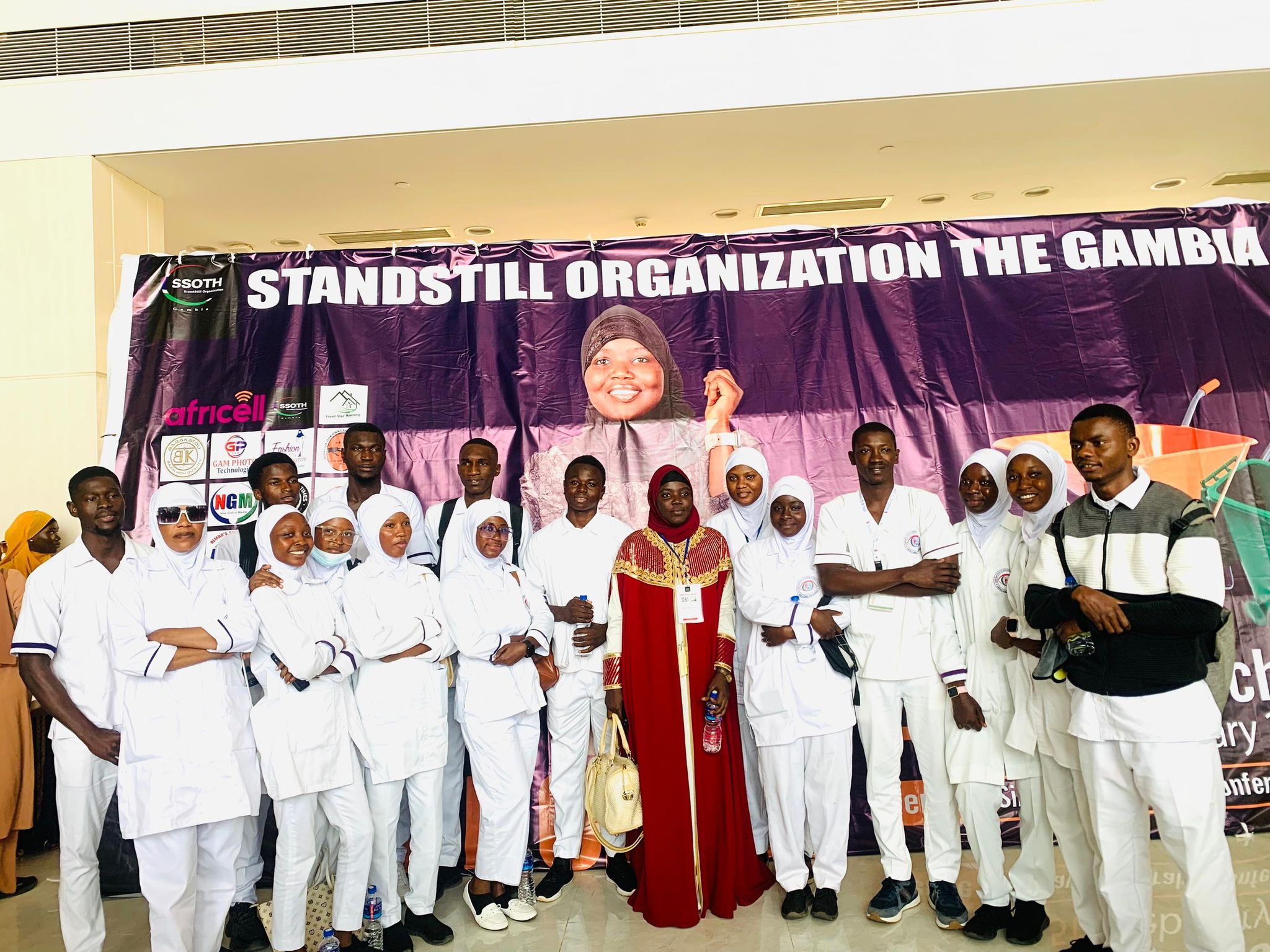
She urged Gambian youths to take ownership of their country’s future rather than relying on politicians or external forces to initiate change.
The launch of the Zero Waste Project marks a significant step toward addressing environmental challenges in The Gambia. She highlights the need for grassroots involvement and local initiatives to achieve sustainable progress.
The initiative seeks to instill a sense of responsibility in waste disposal and management, encouraging Gambians to actively contribute to a cleaner and healthier environment.
Joof acknowledged the challenges in launching the project, including resistance and criticism. “Many doubted us, but we have launched this initiative today and will not stop here. The Zero Waste Project is not just an idea—it is a movement that must reach every home in The Gambia,” she declared. Joof expressed gratitude to sponsors, government officials, and individuals in the diaspora who supported the initiative.
Dr. Mustapha Battey, Director of Health at the Ministry of Health, emphasized the urgent need for proper waste management, especially in the healthcare sector. “Medical waste is hazardous and, if not disposed of correctly, can spread diseases such as HIV and hepatitis,” he warned.
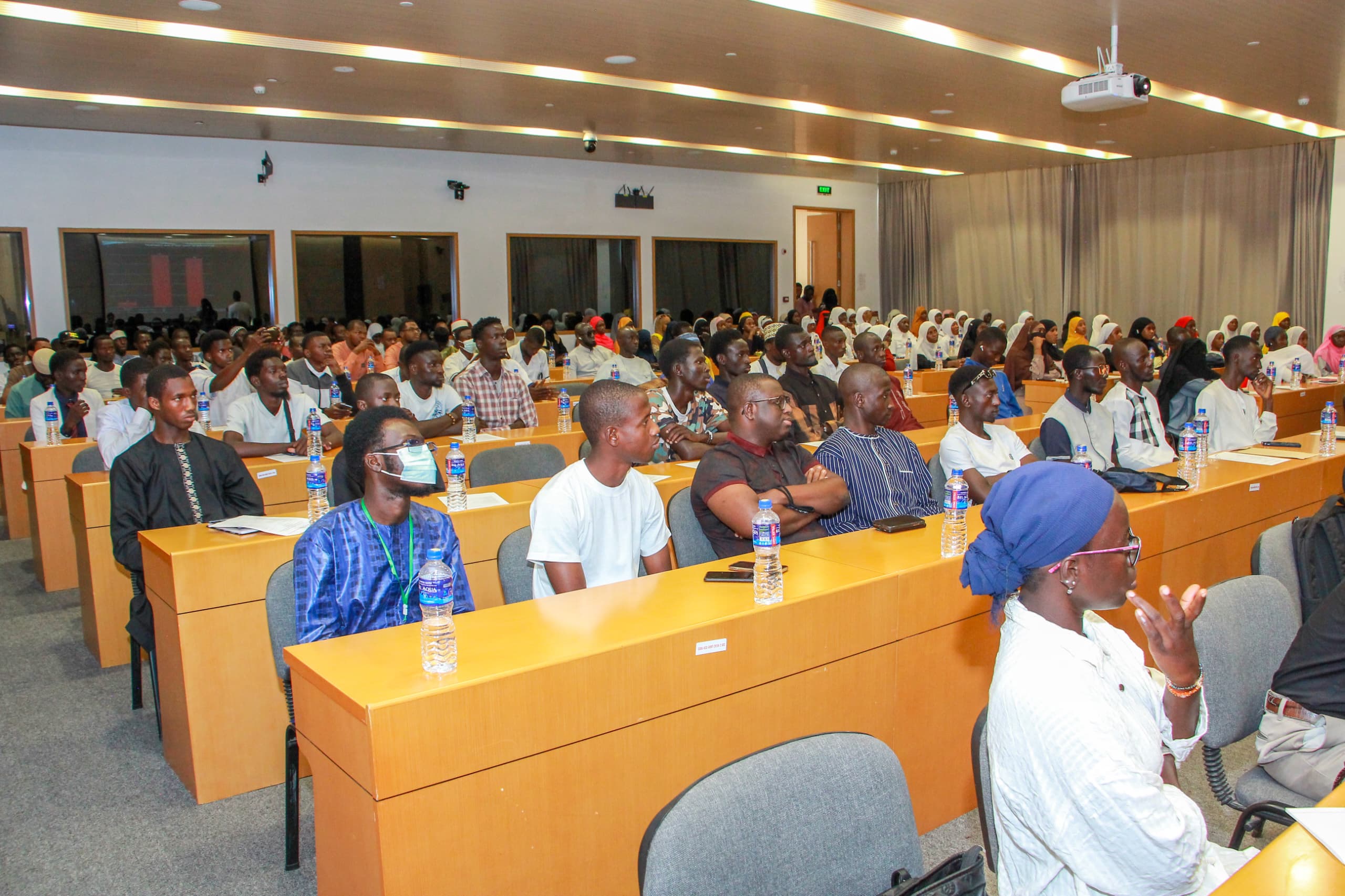
He noted concerns about unsafe medical waste disposal in some areas and called for interventions to ensure safe handling. While praising recent improvements in waste disposal infrastructure, including new incinerators, Dr. Battey stressed that additional work is necessary.
Another prominent speaker, Sarjo O. Fofana, highlighted the collective responsibility in waste management, advocating for the inclusion of people with disabilities in the process. “Disability is not inability,” he stated. Regardless of their physical condition, everyone has a role to play in making The Gambia cleaner.” Fofana encouraged stronger community involvement and collaboration with schools and organizations to raise awareness about sustainable practices.
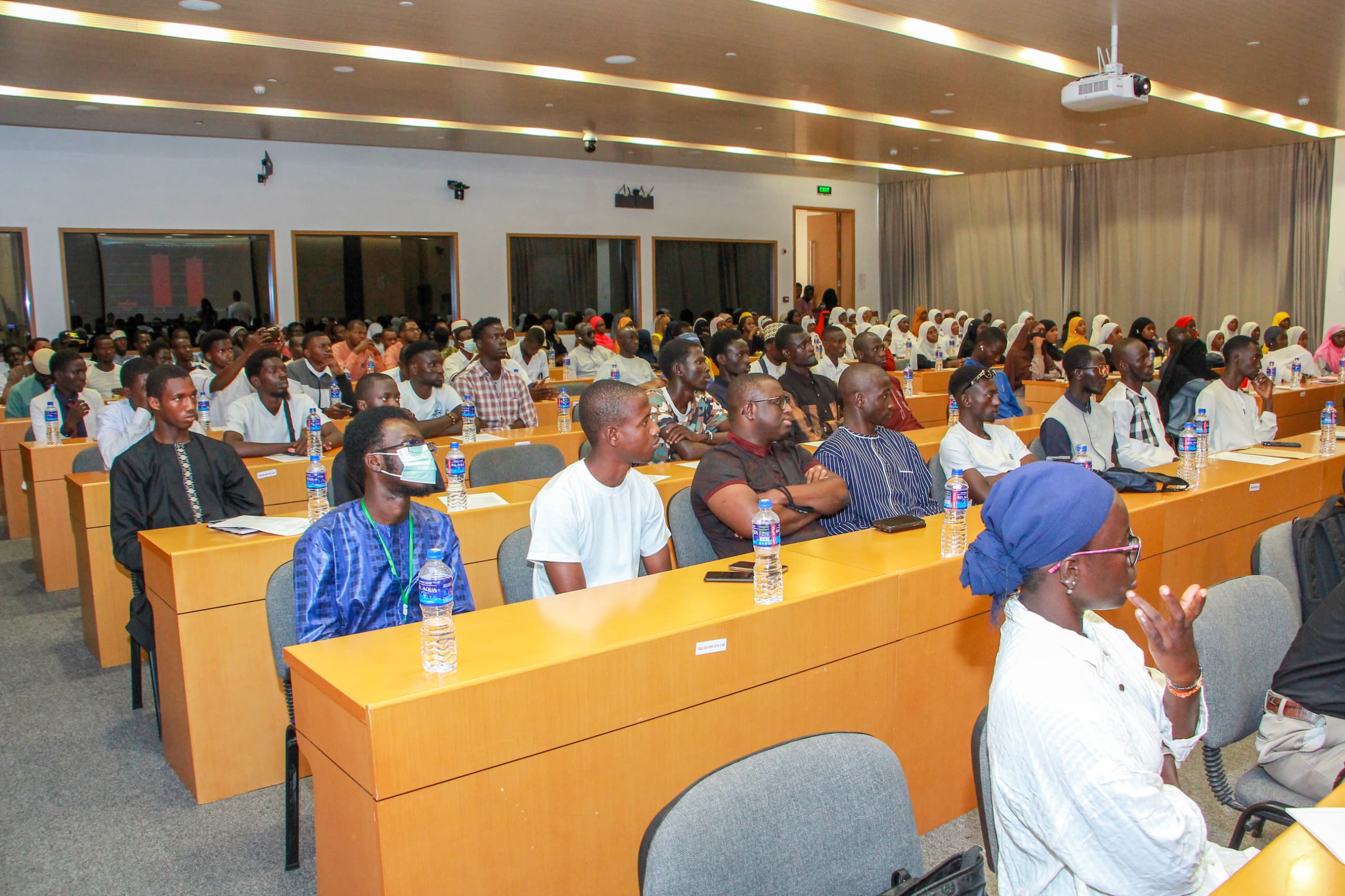
The event ended with a call to action, encouraging all Gambians to participate in efforts to reduce waste. Organizers of the Zero Waste Project expressed hope that education and grassroots participation will drive lasting environmental change in the Gambia.


